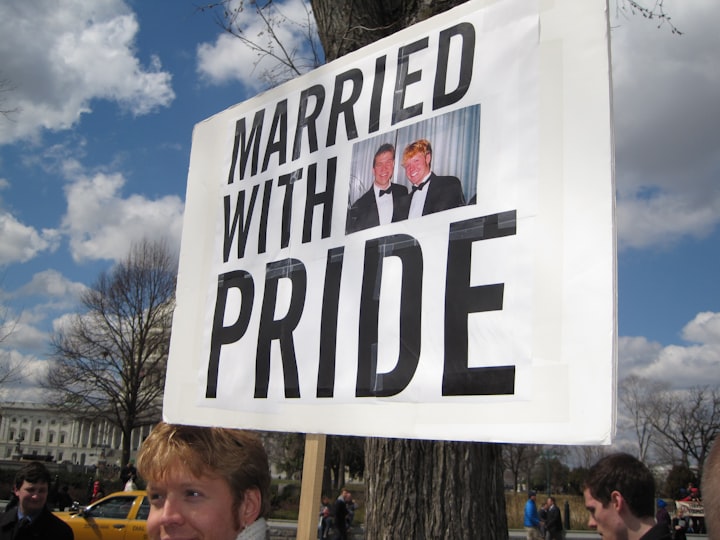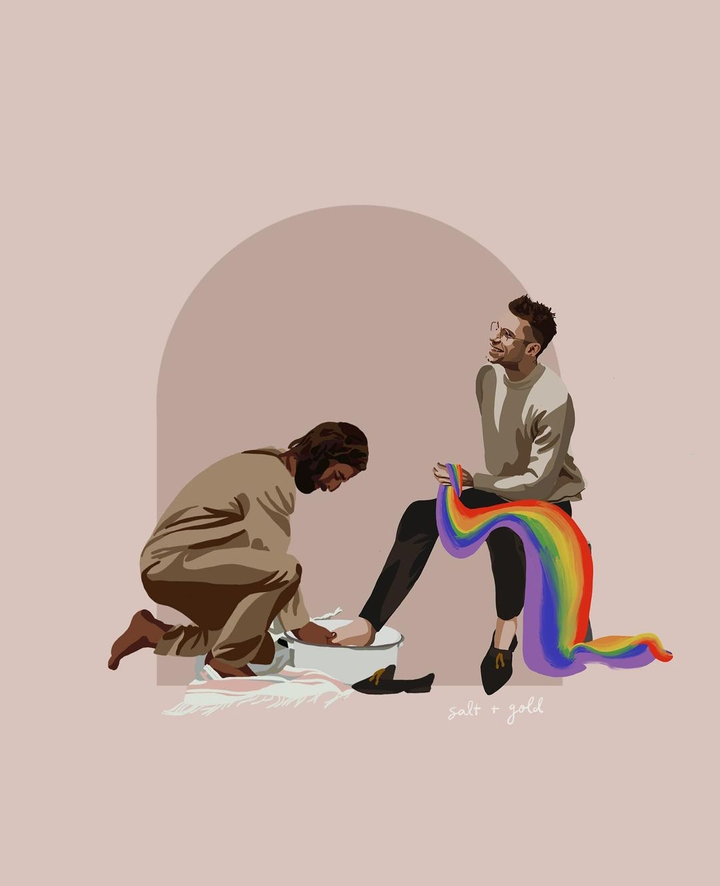Who are the Eunuchs?
For the 'sexually disadvantaged' (asexual) the Scriptures have comfort and justice.

This is a guest article by Charles Premkumar Joseph
‘Eunuch’ is an archaic word that’s used very loosely in the modern context. When Jesus speaks of ‘some made that way, some born that way’ in Matt 19:12, he’s speaking about celibacy and contextually it translates as a reference to people that are ‘frigid’ and a closer modern descriptor would be someone that is asexual. However today we use it refer to the gender-non conforming (transgender) people.
Jewish commentators speak of at least 4 terms in the Talmud: saris [Hebrew for “eunuch”], aylonith, andogynos, and tumtum. Church Fathers, such as Augustine, recognize eunuchs and also testify to the language and legal status of Androgynes.2
If some people are “born that way” like Jesus says, we need to understand that genetic aberrations and anomalies were clearly not part of God’s original creative plan, where he made them fearfully and wonderfully in his image and likeness as man and woman – imago dei and pronounced his creation on day six as “very good”. Things got distorted and went spiralling down as a result of humankind’s mistrust of their Maker. We fell from being the crowning glory of God’s creation; we fell from favour and our relationship with God. Theologians rightly call this, ‘the fall’. So distortions of every kind including genetic abnormalities find their roots in the fall.
For those that bear the consequence of the fall (to a larger extent than others) in their bodies - asexual and inter-sexed (which we’ll look at in a moment) – things seem ‘unfair’. This is the same way that people that are genetically disadvantaged with various other disorders feel and rightly so.
While we have a reason to cry foul, we clearly cannot give God the red card for our foul. It’s our doing against ourselves. But God does take the card and pays for our penalty against him, with his own son!
For the sexually disadvantaged (asexual) the Scriptures have a comfort and justice.
In Isaiah 56:3-5, God says;
“Let not the foreigner who has joined himself to the LORD say, ‘The LORD will surely separate me from his people’; and let not the eunuch say, ‘Behold, I am a dry tree.’
For thus says the LORD: ‘To the eunuchs who keep my Sabbaths, who choose the things that please me and hold fast my covenant, I will give in my house and within my walls a monument and a name better than sons and daughters; I will give them an everlasting name that shall not be cut off.’”
While that acknowledges a genetic sexual abnormality (as a consequence of human fall), God compassionately urges them to be steadfast in their devotion to him, to ultimately honour them to a position with a reward that’s greater than sons and daughters. This demonstrates that he’s a God that recompenses us by putting himself on the spot, if only we trust him this time around, unlike our first parents in the Garden.
Endnotes:
- John Hare, “Hermaphrodites, Eunuchs, and Intersex People: The Witness of Medical Science in Biblical Times and Today,” in Intersex, Theology and the Bible: Troubling Bodies in Church, Text, and Society, Palgrave, 2015
Charles Premkumar Joseph earned a post-professional masters in cardiopulmonary physical therapy from the Christian Medical College and Hospital in Vellore, India, where he then served as clinician, lecturer, and researcher. Curious to explore and understand mind-body interactions, he went on to complete a masters in psychology as well. His passion for rehabilitating the soul in addition to the body and mind led him to join RZIM as a writer and itinerant speaker. Motivated by a desire to understand the spirit/soul aspects of personhood, he attained Master's in Christian Apologetics from Talbot School of Theology at Biola University. Charles hopes to someday pursue doctoral studies integrating all of his body-mind-spirit learnings. He currently leads Think Christ Apologetics.





Comments ()